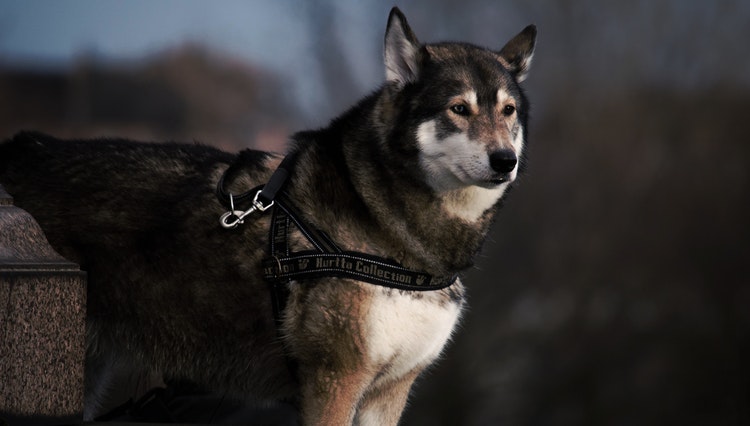Revealed: Why dogs, but not wolves, are pally with us
It is a fact that dogs descended from wolves over 20,000 years ago. There are several similarities between domesticated canines and their wild ancestors to date. This includes why dogs go in circles before hitting the sack.
That leads us to an intriguing question. Why are dogs (scientifically known as canis lupus familiaris) more friendly with humans, while wolves (just canis lupus) scare us off? A research team from the Princeton University has just come up with the answer. The scientists’ team comprising evolutionary biologist, Dr Bridgett vonHoldt, investigated the social behaviour of dogs and wolves over the last three years. Now, they are duly rewarded for their intense study.
According to the scientific journal, Science Advances, the Princeton researchers performed several tests to assess the social behaviour of domestic dogs, and grey wolves under captivity. There were gruelling sessions on problem-solving and sociability. The results: wolves, to everyone’s surprise, rivalled dogs at solving problems like unboxing sausage chunks. And dogs, in turn, were more sociable and friendly to humans than the detached wolves.
“Although considerable progress has been made in understanding the genetic basis of morphologic traits (for example, body size and coat color) in dogs and wolves, the genetic basis of their behavioral divergence is poorly understood,” quoted the study published in Science Advances.
“We find that hyper sociability, a central feature of Williams-Beuren syndrome (WBS – a developmental genetic disorder among humans afflicting several parts of the body), is also a core element of domestication that distinguishes dogs from wolves … allowing for rapid behavioral divergence of dogs and wolves, facilitating coexistence with humans,” the Princeton team concluded.

